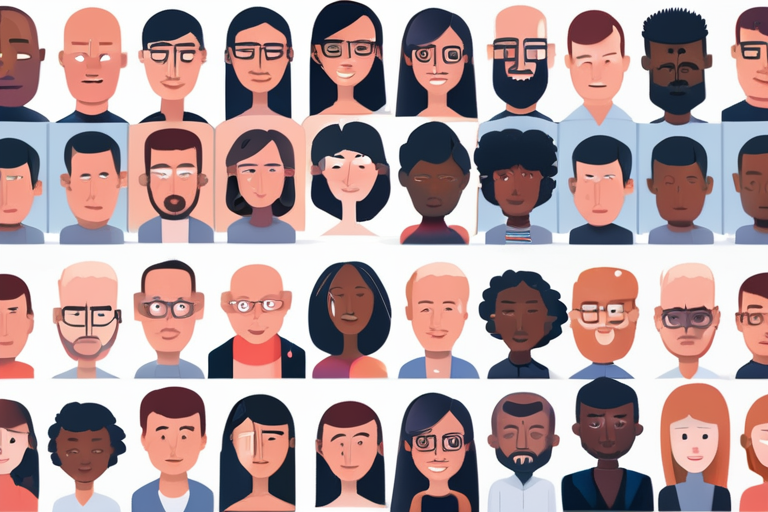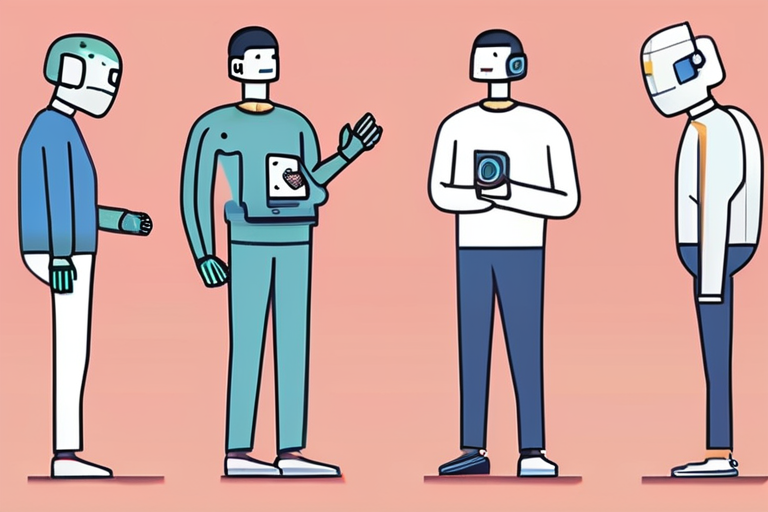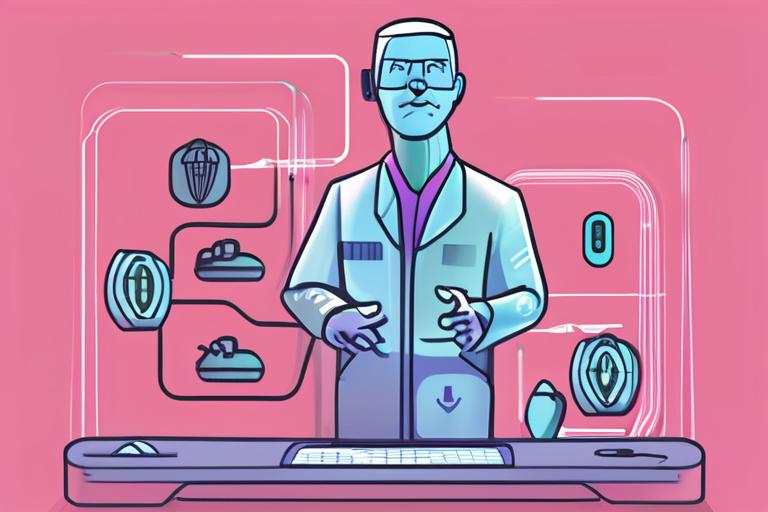OpenAI released two updated versions of its flagship AI models, GPT-5.1 Instant and GPT-5.1 Thinking, which are now available in ChatGPT. The company claims that the new models are warmer, more conversational, and better at following instructions. According to OpenAI, the GPT-5.1 Instant model will serve as the faster default option for most tasks, while GPT-5.1 Thinking is a simulated reasoning model designed to handle more complex problem-solving tasks.
The release of the new models follows complaints earlier this year that OpenAI's previous models were excessively cheerful and sycophantic. Some users also expressed concern over the company's modification of the default GPT-5 output style, which was made in response to several high-profile lawsuits related to the potential impact of AI on mental health. OpenAI's decision to introduce the new models has sparked intense scrutiny from lawyers and regulators, who are closely monitoring the company's operations.
"We're committed to creating AI models that are not only more effective but also more empathetic and understanding," said an OpenAI spokesperson. "Our goal is to create technology that complements human capabilities, rather than replacing them." The spokesperson emphasized that the new models are designed to be more nuanced and adaptable, with the ability to recognize and respond to a wider range of emotional cues.
The introduction of the new models is part of a broader effort by OpenAI to address concerns about the potential risks and consequences of its technology. In recent months, the company has faced increased scrutiny from lawmakers, regulators, and the public over issues such as bias, accountability, and transparency. OpenAI has taken steps to address these concerns, including the introduction of new safety protocols and the establishment of an independent review board.
The development of GPT-5.1 Instant and GPT-5.1 Thinking reflects the growing complexity and sophistication of AI models. These models are designed to mimic human-like conversation and reasoning, but they also raise important questions about the potential impact of AI on society. As AI continues to evolve and improve, it is essential to consider the implications of these technologies and to ensure that they are developed and deployed in a responsible and ethical manner.
OpenAI's decision to introduce the new models has sparked a lively debate among experts and users about the potential benefits and risks of AI. Some have praised the company's efforts to create more empathetic and understanding AI models, while others have expressed concerns about the potential consequences of these technologies. As the development and deployment of AI continue to accelerate, it is essential to engage in a nuanced and informed conversation about the potential implications of these technologies.
In the coming weeks and months, OpenAI is expected to continue to refine and improve its AI models, with a focus on addressing concerns about bias, accountability, and transparency. The company has also announced plans to establish a new research center dedicated to the study of AI and its potential impact on society. As the AI landscape continues to evolve, it is essential to stay informed and engaged about the latest developments and implications of these technologies.


























Share & Engage Share
Share this article